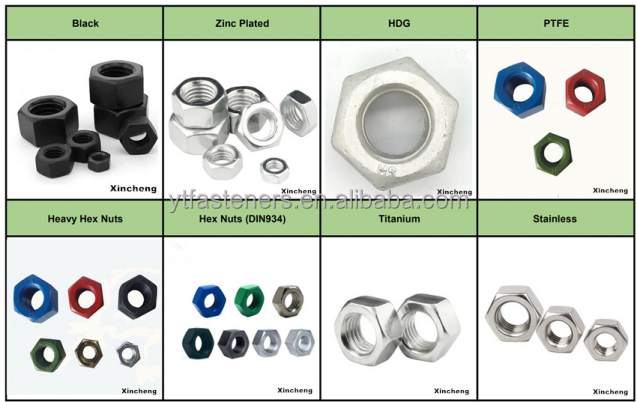নভে. . 19, 2024 10:44 Back to list
what type of screws to use for framing
What Type of Screws to Use for Framing?
When it comes to framing in construction, selecting the right type of screws is crucial for ensuring structural integrity and durability. Framing encompasses the creation of walls, floors, and roofs in a building, and it is typically made from wood, metal, or a combination of materials. This article will explore the various types of screws suitable for framing, their characteristics, and factors to consider when choosing the right screw for your project.
Types of Screws Used in Framing
1. Wood Screws Wood screws are essential in framing applications, particularly when working with lumber. These screws are designed with a pointed tip and coarse threads, allowing them to penetrate wood easily and hold strongly. They typically come in various lengths, with longer screws providing increased holding power for larger framing sections.
2. Self-Drilling Screws Also known as sheet metal screws, self-drilling screws feature a drill bit-like point that allows them to create their own hole as they are driven in. These screws are particularly useful for framing with metal studs or attaching metal brackets. Their ability to penetrate metal without pre-drilling saves time and effort during construction.
3. Deck Screws While primarily used for decking, deck screws can also be excellent choices for exterior framing projects. They are often coated to resist corrosion, making them ideal for outdoor applications where exposure to moisture is a concern. Deck screws are designed with a flat head and coarse threads to provide a strong grip and flush finishing.
4. Lag Screws Lag screws, or lag bolts, are heavy-duty fasteners that are typically used in structural applications. They have a hexagonal head and a thick shank, providing exceptional tensile strength. Lag screws are ideal for connecting beams, posts, and heavy framing components, especially when dealing with larger wood members.
5. Collated Screws For increased efficiency in framing projects, many builders opt for collated screws. These screws come pre-packaged in strips and are designed to work with power screwdrivers or pneumatic tools, allowing for rapid insertion. Collated screws are often used in applications like drywall installation and wood framing.
Factors to Consider When Choosing Screws
what type of screws to use for framing

When selecting screws for framing, several factors should be taken into account to ensure you make the right choice
1. Material The material of the screw is crucial. For indoor applications, standard steel screws may suffice. However, for outdoor projects or areas prone to moisture, stainless steel or coated screws (like galvanized screws) are advisable to prevent rust and corrosion.
2. Length The length of the screw is also important. Longer screws provide greater holding power, especially when fastening thick lumber. It is essential to ensure that the screw is long enough to penetrate the material adequately without protruding excessively.
3. Type of Framing Material Consider the materials being used in the framing. Wood, steel, and engineered lumber each require different screw types. Ensure that you choose screws specifically designed for the material you are working with to achieve optimal performance.
4. Load-Bearing Requirements If the framing is intended to support heavy loads, such as beams or joists, opt for lag screws or other heavy-duty options. Understanding the weight requirements will help you select the right type of screw to ensure structural safety.
5. Environment The environment in which the structure will be built can dictate the choice of screw. Exposure to moisture, chemicals, or extreme temperatures requires screws that can withstand these conditions without loss of strength.
Conclusion
Selecting the appropriate screws for framing is an essential step in any construction project. By understanding the various types of screws available and considering factors such as material, length, and environmental conditions, builders can ensure they choose the right fasteners for their specific needs. Properly installed screws will contribute to the overall durability and safety of the structure, making this decision one of the key components in successful framing.
-
The Ubiquitous Reach of DIN934 in Application Realms
NewsMay.16,2025
-
Exploring Different Bolt Types
NewsMay.16,2025
-
Cracking the Code of Sleeve Anchor Mastery
NewsMay.16,2025
-
Clamp Design Principles,Types and Innovations
NewsMay.16,2025
-
Artistry Inspired by the Humble Anchor Bolt
NewsMay.16,2025
-
A Deep Dive into Screw Types
NewsMay.16,2025


